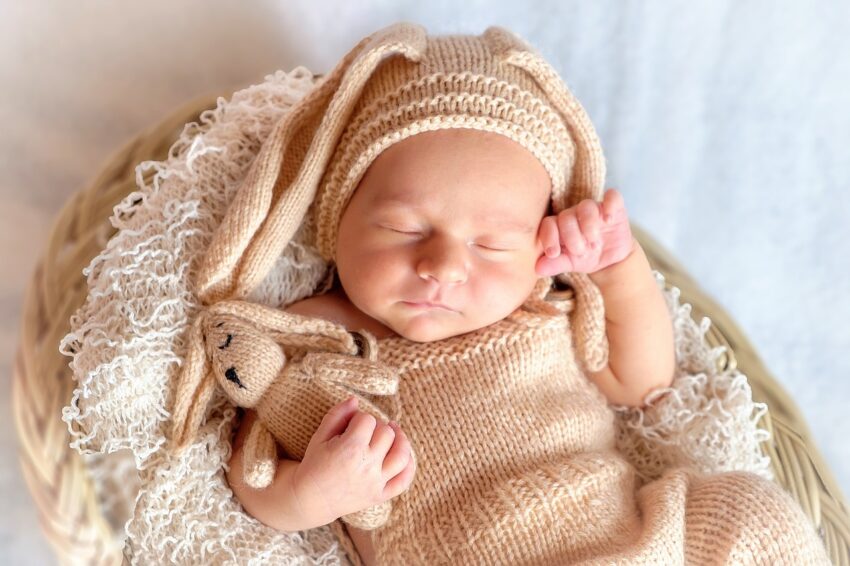Can’t Sleep? Blame These 3 Vitamins

We all know that staying out of the sun depletes your vitamin D and you need calcium for strong bones, but the link between vitamin deficiency and poor sleep is usually overlooked. Vitamins and minerals aren’t just the building blocks for your health. If you don’t get enough of them, you might be tossing and turning all night.
“When it comes to restful, restorative sleep, certain nutrient deficiencies or insufficiencies (low levels, but not enough to be considered an actual deficiency) can play a big role,” Robin Foroutan, MS, RDN, a dietitian nutritionist and spokesperson for the Academy of Nutrition and Dietetics, tells us.
Caroline Leaf Ph.D., a neuroscientist and author of Eat and Think Yourself Smart, says that being stressed or having other mental health issues can actually prevent the body from absorbing nutrients, which worsens mental health, and creates a vicious feedback loop.
“The mind drives the digestive system,” Leaf says. “The effectiveness of how much nutrition we get from food is very much controlled by the state of mind that you’re in.” The sounds like more off science, but a lot of studies actually do approve that is true.
If you’re not already seeing a therapist, sleep issues are a plenty good reason to seek one out. Leaf also recommends adding more whole foods to your meals to help break that gut-brain anxiety cycle. When it comes to mental health and sleep quality, taking vitamins is certainly not a cure-all. (Not to mention vitamins aren’t regulated by the FDA.) It is easy to get too much of a certain vitamin, which can actually lead to worse sleep, and vitamins cannot cure underlying mental health conditions.
According to experts, if you do have trouble sleeping, you do need to check the following 3 highly related to sleep vitamins:
- Calcium
sleep issue”Low calcium intake is associated with difficulty falling asleep,” Foroutan says. “This could be because calcium helps our brain use the amino acid tryptophan to make melatonin, our sleep hormone.” A study published in 2015 in Journal Of Sleep Research found that people with normal levels of calcium found it easier to fall asleep than those with calcium deficiencies, possibly because calcium lowered their blood pressure. Calcium helps boost production of melatonin, which may be why foods high in calcium, like dairy, could actually make us sleepier. - Vitamin D
sickA deficiency in the sunshine vitamin affects roughly 41% of Americans, according to a study published in Nutrition Research in 2011. Vitamin D is mainly produced when your body is exposed to the sun, and is only found in a few foods like fish and some dairy products.A meta-analysis of studies published in Nutrients in 2018 found that vitamin D deficiency is associated with sleep disorders, and low levels of vitamin D increase the risk of a sleep disorder. If you aren’t getting enough vitamin D from food or sunlight, you can take a pill to get your daily dose. - Vitamin B12sleepVegans and vegetarians in particular have to watch their levels of B12, as it’s mostly found in animal products. A vitamin B12 deficiency has been linked to insomnia, depression, and sleep issues. A study published in Journal of Clinical Sleep Medicine in 2019 noted that it can also make you fatigued in the daytime. If you start to notice these symptoms after switching to a more plant-based diet, it may be worth taking a supplement.
Those 3 vitamin & supplement are the top three that are proven to be highly related to sleep quality. If you don’t see any issue with those three, there are others that worth looking too, including Vitamin C, Magnesium, Vitamin B6, Melatonin.
If you have sleep issue, we recommend you to check those out. Also welcome to comment if you have other ideas that you tried. We would love to hear your stories.



Leave a Reply